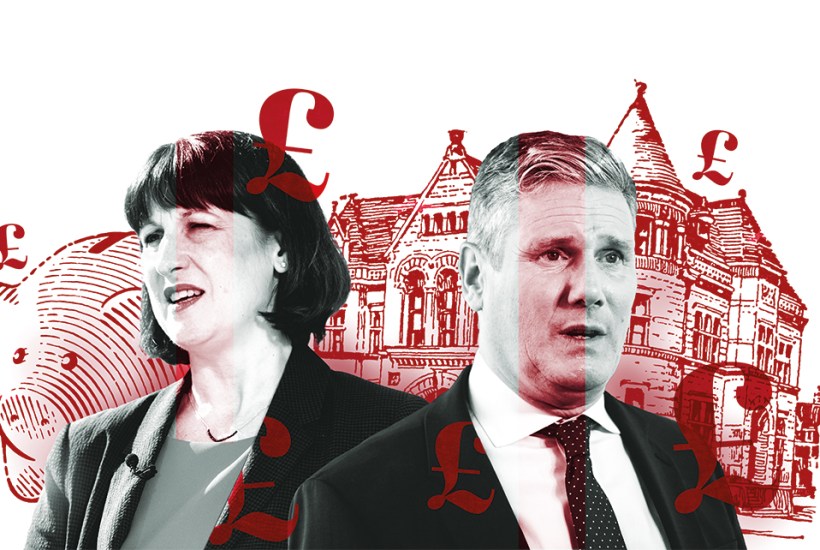Few things get the British quite as worked up as private schools. To the left, they are factories of inequality that turn scions of privilege into the elite of tomorrow. To the right, they are an expression of parental choice and part of Britain’s schooling heritage. To ambitious mothers and fathers, they are a way to boost the professional and social chances of their offspring.
Already a subscriber? Log in
Subscribe for just $2 a week
Try a month of The Spectator Australia absolutely free and without commitment. Not only that but – if you choose to continue – you’ll pay just $2 a week for your first year.
- Unlimited access to spectator.com.au and app
- The weekly edition on the Spectator Australia app
- Spectator podcasts and newsletters
- Full access to spectator.co.uk
Or



















Comments
Don't miss out
Join the conversation with other Spectator Australia readers. Subscribe to leave a comment.
SUBSCRIBEAlready a subscriber? Log in